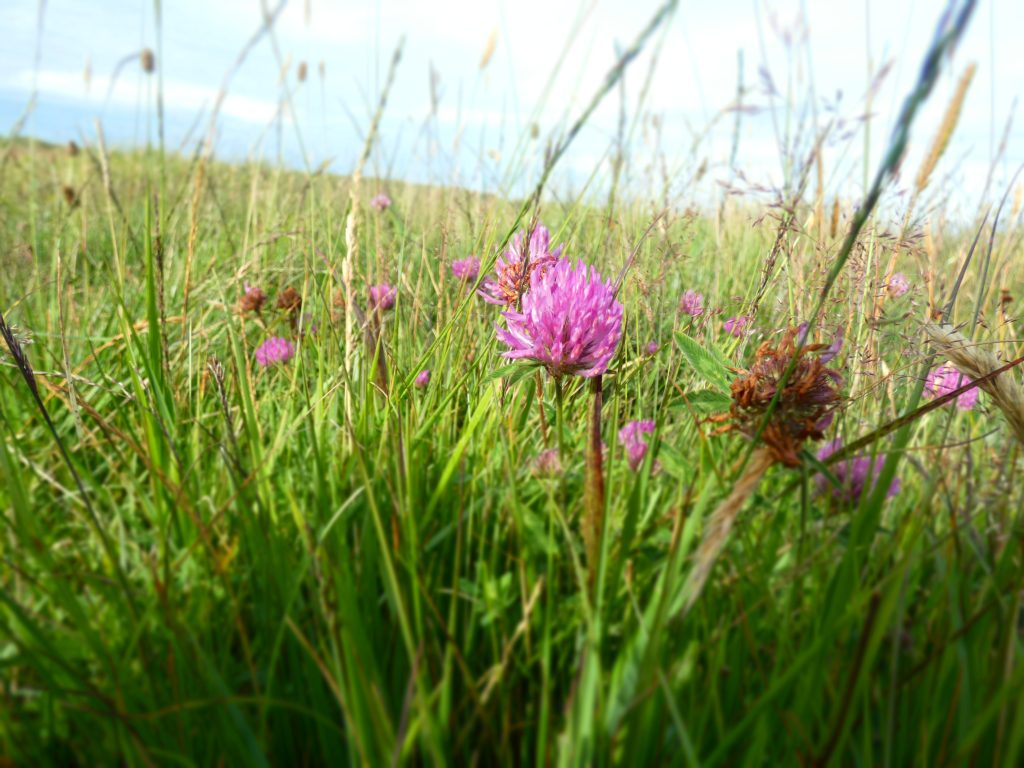We are very grateful to Mark Barber, Biodiversity Officer, Swansea Council, for giving us permission to reproduce the article below, which is based on a recent talk. It offers practical advice on what we can do to enhance biodiversity, with links to some useful sites.

Climate Change and Nature Recovery Toolbox Talk 2 – Nature Recovery
We are facing a climate and nature emergency, but we can change this by putting nature into recovery, which will also help to tackle climate change. The council has a duty under the Environment (Wales) Act 2016 to not only maintain but enhance biodiversity as part of its function and promote the resilience of ecosystems. In light of this, the Council declared a Nature Emergency in November 2021.
Nature Recovery is as important as climate change – nature contributes so much to our world, such as storing carbon, providing clean water and air, healthy soils and medicines, reducing flooding, pollinating the food we eat and boosting our mental health.
The council are already doing a lot to help wildlife,

such as planting trees, boosting the number of wildflowers in our parks and verges, making our city more green, working with schools, putting up bird boxes, and looking after our Nature Reserves and Wildlife sites.
This Toolbox Talk has been designed to highlight some of the simple things we can all do to help nature recovery.
| Simple nature recovery steps for every household | |
| Feed the birds | Provide a range of feeders and seeds for your local birds to eat. Clean your feeders regularly to help stop bird disease. |
| Wildflower lawn | You can quickly and cheaply make your lawn into a beautiful wildflower meadow for wildlife. Allow the grass to grow ideally between April and July, or just May, then see what native flowers bloom. You always need to cut and remove the grass cuttings in late summer or autumn, like we are doing in some of our Swansea Parks. If only a few flowers turn up, then you can buy native local seed or plugs to boost your lawn. If you don’t have much space, consider a green roof on a bin shelter or shed. Even a green wall or window box. Go have a look at the Environment centre on Pier Street. |
| Right tree, right place | Have you considered planting a native tree or hedgerow in your garden? Trees are so important its worth finding a native species that is good for wildlife and suits your garden. Fruit trees can provide an additional food source for wildlife and you! Do you need to cut down or manage a tree in your garden? Get advice from an arboriculture consultant. |
| Wildlife pond | Do you have space for a wildlife pond or mini wetland? Even a washing up bowl can be turned into wildlife wetland feature. Be careful moving pond plants from other gardens, there are some nasty species which can ruin your pond. Search ‘Freshwater Habitats Trust – create a pond’. |
| Create wildlife banks and be less tidy | Using logs, rubble, brash and soil to make a safe place for lots of different species, bigger the better! |
Birds & bat boxes | Any sort of bird box is a useful feature to install in your garden, but swifts in particular are struggling. They need a special type of box that is situated at least 5 meters up, ideally on a north facing side of a building, with no obstacles or trees for them to swoop into. Search ‘Saving Swansea’s Swifts’. Did you know that a single pipistrelle bat can eat 3000 midges in one night? Choose lots of different types of plants to encourage insects, including moths (bat food!). Consider putting up a bat box and search ‘gardening for UK bats’. |
Help your hedgehogs | Hedgehogs are declining, but you can help! From a ‘hog-hole’ in your fence to allow movement, or a big pile of leaves for somewhere to hide, search ‘hedgehog street’. |
| Wildlife friendly gardening / vegetable growing | Avoid using artificial pesticides, herbicides, and fertilisers. Use peat free compost or try making your own compost. Plant a range of native wildflower and shrub species that flower at different times of year and provide berries and fruit. Wildlife can help you in the garden, toads love eating slugs and aphids. Use alternatives to slug pellets like coffee grounds and egg shells. |
| Pets | Pets can have an impact locally on wildlife. Search ‘how to be an eco-friendly pet owner’. |
| Enjoy nature and help your local community | Get active and improve your mental health while helping local nature conservation efforts, consider joining the Wildlife Trust or volunteering for the many small grassroot volunteer wildlife groups in Swansea, like the Clyne Valley Community Project, Kilvey Community Woodland Volunteers, Rosehill Quarry, or the numerous Swansea Parks ‘Friends of’ groups. Contact the Nature Conservation Team’s Volunteer Co-ordinator for more details. |
| Send in your sightings | Any wildlife you see can be sent in as a record to help with the nature emergency, download the LERC Wales app to submit a record. If you are unsure what you have seen, then download the Seek app by iNaturalist which uses your phone camera to identify and submits the sighting for you. |
| Fighting the climate emergency | Everything you do to help with climate change will also reduce the impact on biodiversity and help with nature recovery, so thank you! |
Mark Barber
